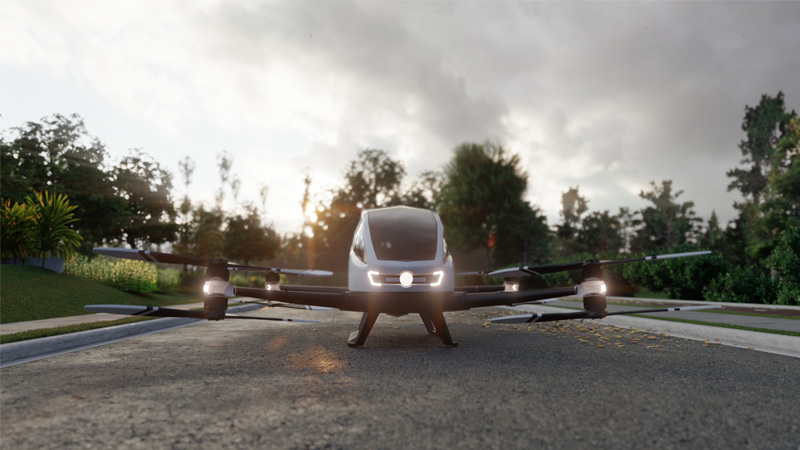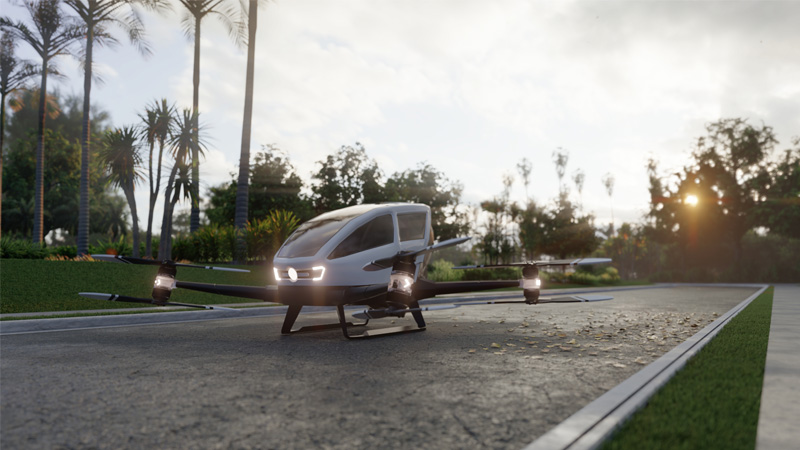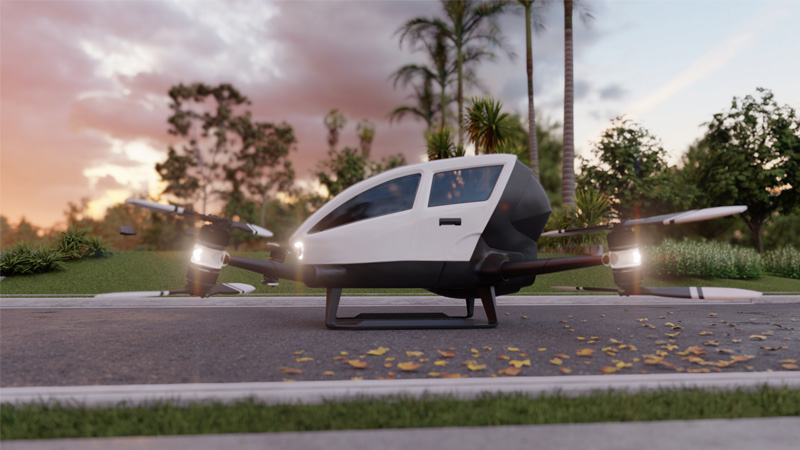
Urban Air Mobility Is the Future Of Transportation
UAM has spawned some cities to lead their economic development by stitching commercial aerial mobility into the fabric of their urban planning and transportation goals. At the same time, many laggards choose to defer their citizens’ fate to the actual future.
In common with the future for UAM, the many implementations of Smart City policy, infrastructure, and use have required an alliance between communities, city managers, engineers, and scientists. Having taken this approach, these cities have laid the groundwork for the same level of engagement and collaboration to make UAM successful.

How will UAM help?
UAM will offer many job opportunities and investments in areas prime for UAM activities. The US alone estimates the UAM market to reach US$115 billion annually by 2035, employing more than 280,000 high-paying jobs. Many skilled and unskilled job opportunities are already being created, from drone pilots and observers to distribution hub and vertiport operations.
UAM upgrades of traditional airspace standards are derivative of proven rules, flight management, systems integration, and safety protocols across NASA, EASA, CATSA, and other aerospace experts. NASA is primed and ready to integrate UAM into a proven air traffic system.
UAM is, however, less about National Airspace and more about cities. What’s left is a consideration for the policies, frameworks, and operation of UAM in those new smaller sectors. These are ground-based issues for cities.

Drones in the Future
Drone manufacturers have achieved incredible milestones in device capability and sales growth derived from a decade-long head start. By 2019, aerial drones had evolved from hobbyist activity to proof of commercial concept to a critical component of agriculture, real estate, photography, and entertainment industries. This era of tech speculation and economic evidence also sparked a renewed interest in another area of innovative commercial flight.
Conclusion
Air-mobility solutions are transforming commutes, package deliveries, and other mundane tasks in ways that would have seemed impossible only a few years ago, with repercussions far beyond transport.
